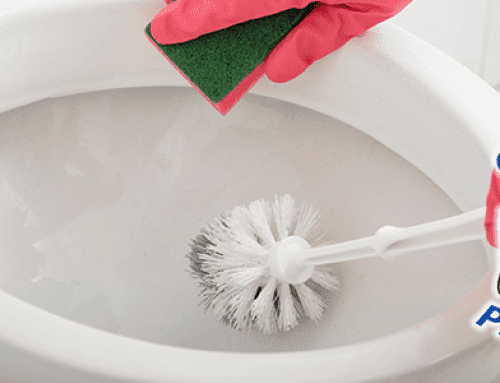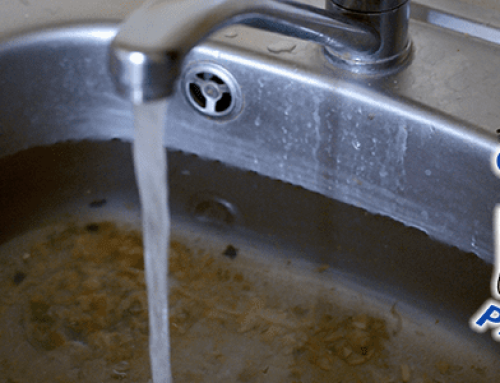Have you ever turned on the bath water to unexpectedly, and disturbingly, see the water come out brown? We are fortunate in the United States and have come to expect crystal clear, safe drinking water from our taps. If you discover murky water in your home, your water source is now unsafe. Therefore, you should call a plumber to diagnose the problem. Sometimes, the discoloration can point to a serious problem with your piping or water heater. This can eventually leave you with clogs or costly home water damage.
Here are some of the possible causes of discolored water and advice on whether the issue warrants the attention of a licensed plumber:
Construction
Routine maintenance, hydrant use, or construction can stir up fine sediment particles in the water mains. This can make your water look cloudy. Usually, this type of discoloration is only temporary and will clear up within a short period of time. Typically, your county will notify you if these disturbances occur. If not, give them a call and ask if this could be the culprit in your area.
Sediment/scale buildup in the water heater
When you heat water, minerals normally present in water like magnesium and calcium form into particles. Discolored hot water will flow from the tank if isn’t flushed out periodically to clear out this sediment, . Furthermore, if it’s allowed to accumulate, a significant buildup of sediment can clog the gas burner, erode the appliance’s energy efficiency, or even ruin the tank.
Pipe deterioration
If you have rust or orange-colored water coming from the faucets and your home has older piping, it may be due to advanced corrosion inside the lines. The outside of your pipes can appear to look fine because it is protected against corrosion. Thus, it’s best to have the pipes inspected by a knowledgeable professional plumber who can advise you if they should be replaced. A licensed plumber can use a drain camera to inspect the quality of the inside of your pipes.
In conclusion
Brown tap water really isn’t the end of the world. Usually. But plumbing professionals should be the ones to rule out serious problems.
However, even if it’s temporary, something is amiss.




